Animals
-
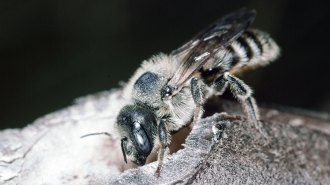 Animals
AnimalsBee larvae drum with their butts, which may confuse predatory wasps
Dual percussion instruments — one on the head, the other on the rear — give mason bee larvae a peculiar musical gift that may be a tool for survival.
By Jake Buehler -
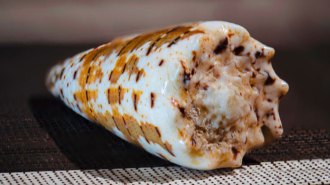 Animals
AnimalsCone snail venom may trick mate-seeking worms into becoming meals
Cone snail venom contains worm pheromone mimics, suggesting the chemicals may be used to lure worms during hunting.
-
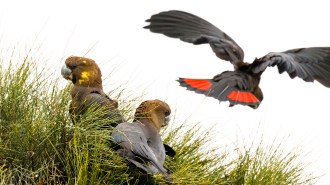 Animals
AnimalsA year after Australia’s wildfires, extinction threatens hundreds of species
As experts piece together a fuller picture of the scale of damage to wildlife, more than 500 species may need to be listed as endangered.
-
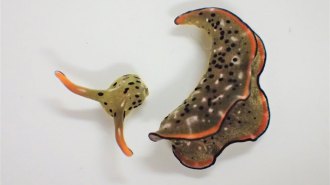 Animals
AnimalsA sea slug’s detached head can crawl around and grow a whole new body
Chopped-up planarians regrow whole bodies from bits and pieces. But a sea slug head can regrow fancier organs such as hearts.
By Susan Milius -
 Animals
AnimalsDelve into the history of the fight for Earth’s endangered creatures
The new book ‘Beloved Beasts’ chronicles past conservation efforts as a movement and a science, and explores how to keep striding forward.
-
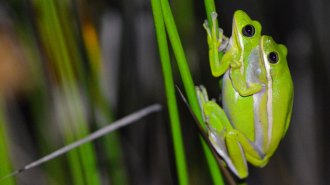 Animals
AnimalsFemale green tree frogs have noise-canceling lungs that help them hear mates
When inflated, female green tree frog lungs resonate in a way that reduces sensitivity to the sounds of other species.
-
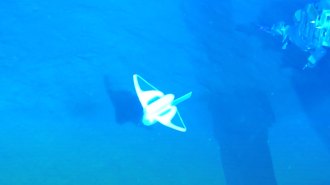 Materials Science
Materials ScienceThis soft robot withstands crushing pressures at the ocean’s greatest depths
An autonomous robot that mimics the adaptations of deep-sea snailfish to extreme conditions was successfully tested at the bottom of the ocean.
-
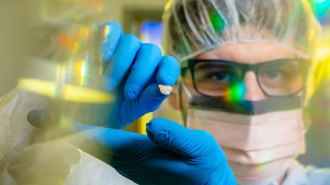 Archaeology
ArchaeologyAn ancient dog fossil helps trace humans’ path into the Americas
Found in Alaska, the roughly 10,000-year-old bone bolsters the idea that early human settlers took a coastal rather than inland route.
-
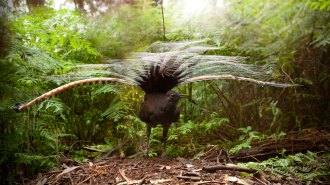 Animals
AnimalsA single male lyrebird can mimic the sound of an entire flock
The Australian birds, already famous for their impressive song-copying skills, appear to be replicating the sounds of a “mobbing flock” of birds.
By Jake Buehler -
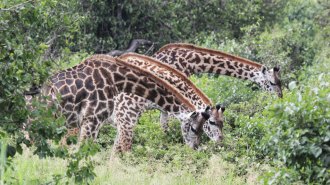 Animals
AnimalsHaving more friends may help female giraffes live longer
A more gregarious life, even while just munching shrubbery, might mean added support and less stress for female giraffes.
By Susan Milius -
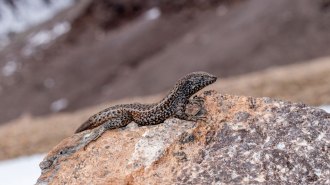 Animals
AnimalsA mountain lizard in Peru broke the reptilian altitude record
Liolaemus tacnae was photographed 5,400 meters above sea level in the Andes, breaking the highest elevation record for a reptile by about 100 meters.
By Jake Buehler -
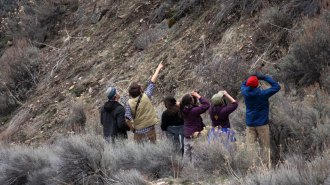 Animals
AnimalsA rare bird sighting doesn’t lead to seeing more kinds of rare birds
The idea that more kinds of rare birds are seen when birders flock to where one has been seen, the so-called Patagonia Picnic Table Effect, is a myth.